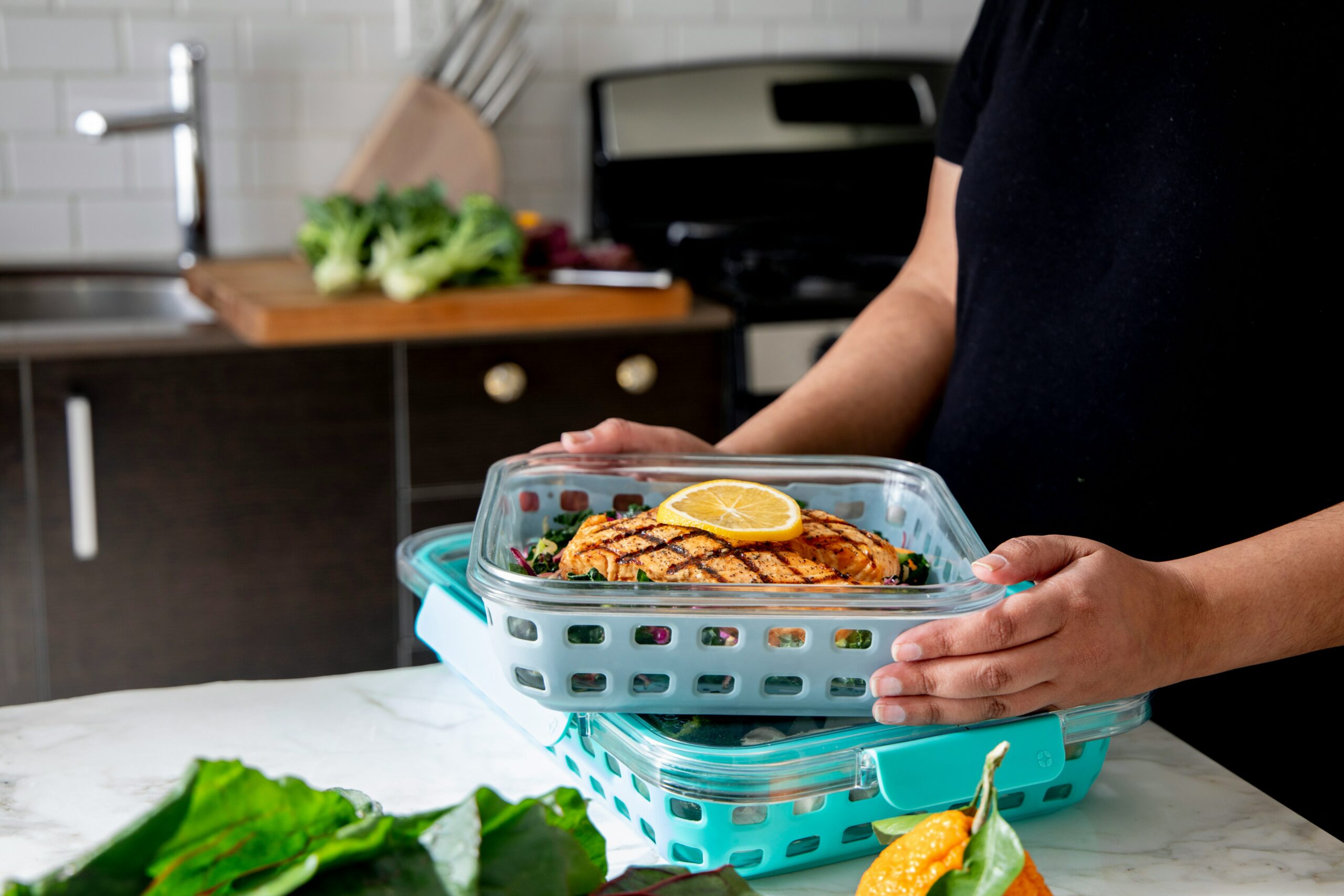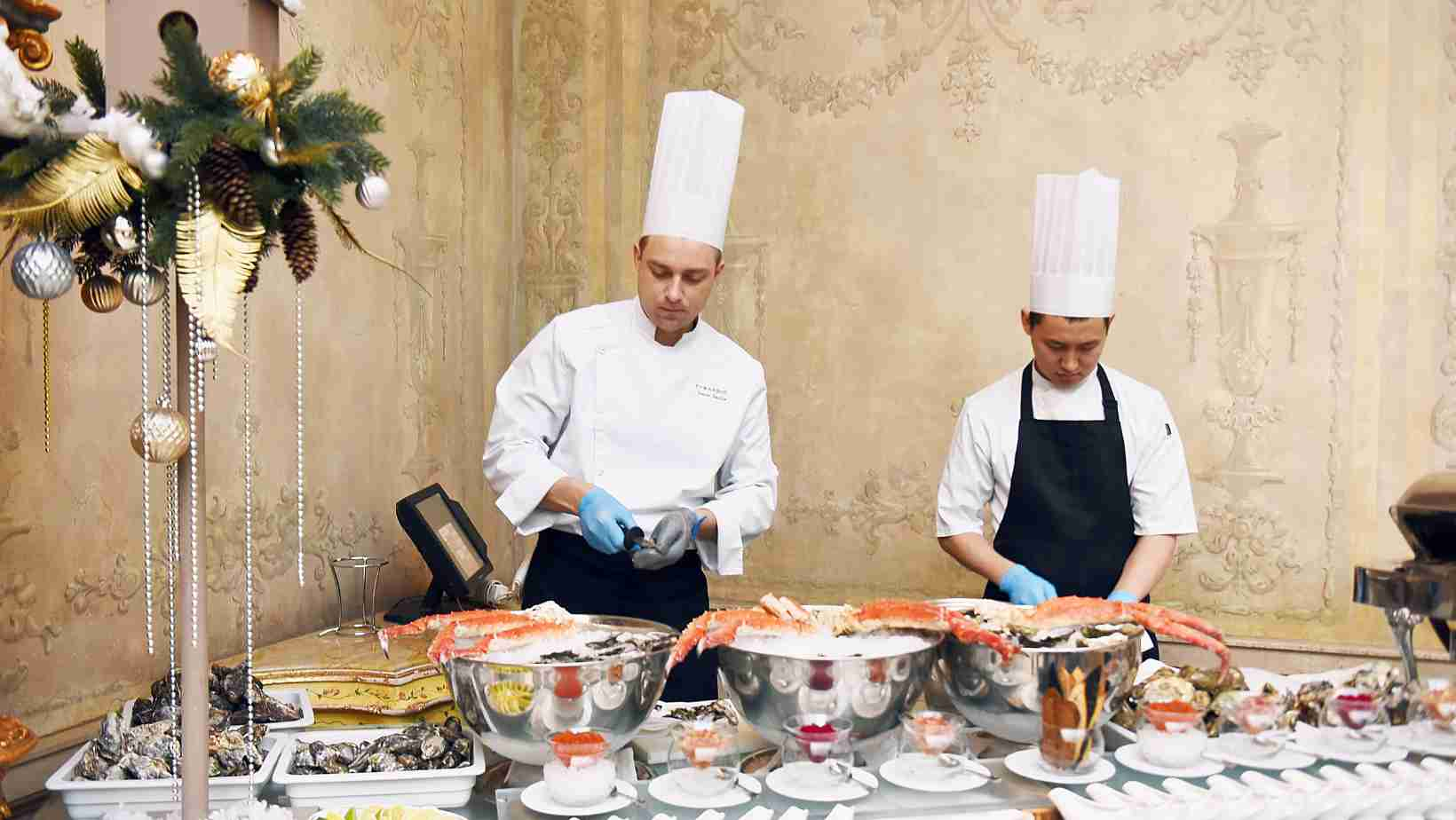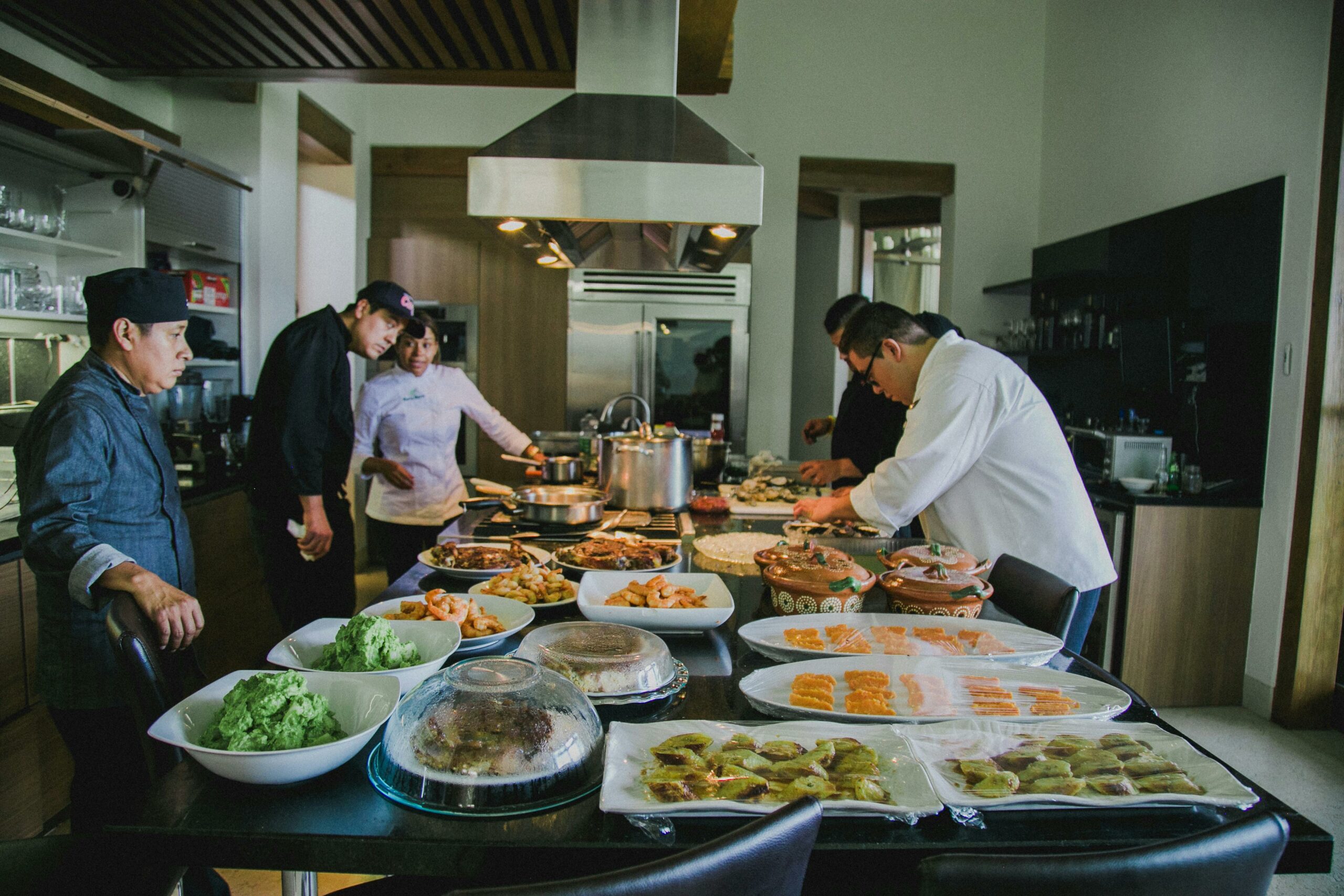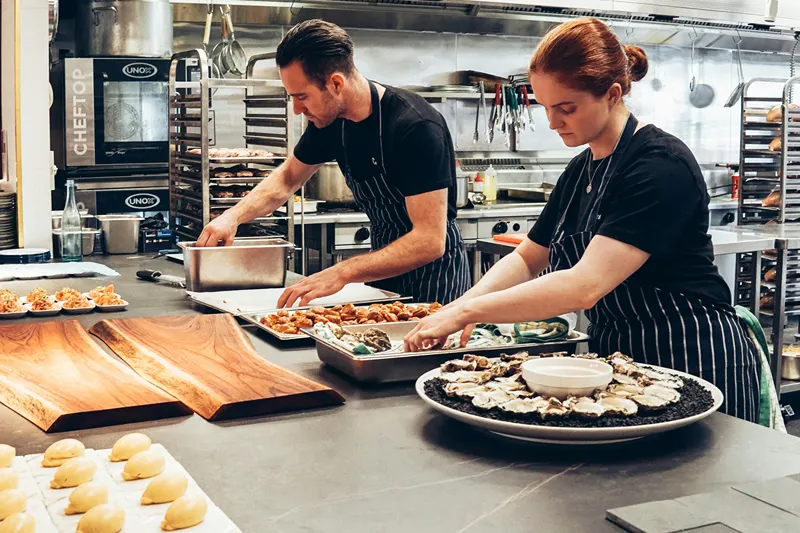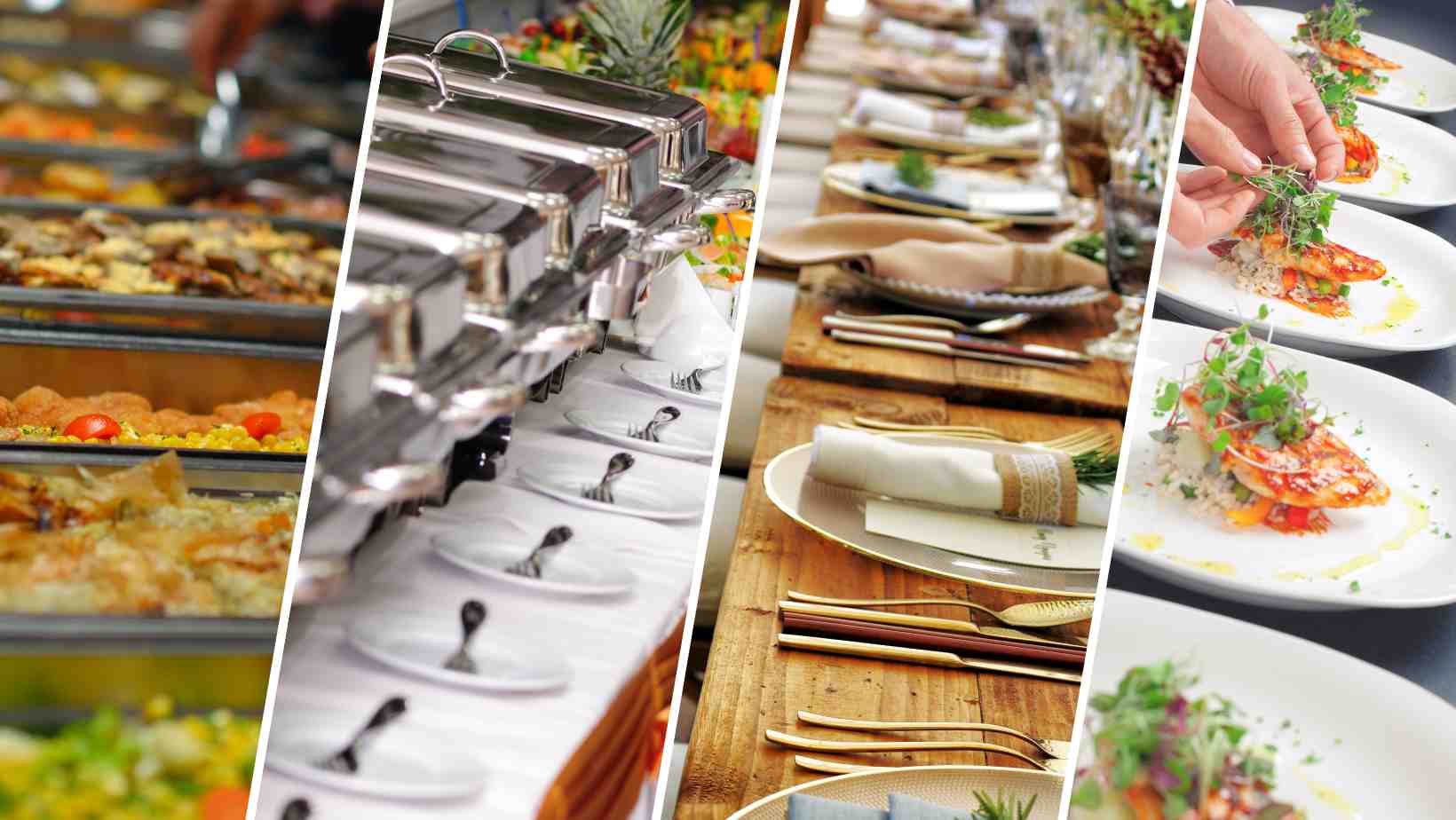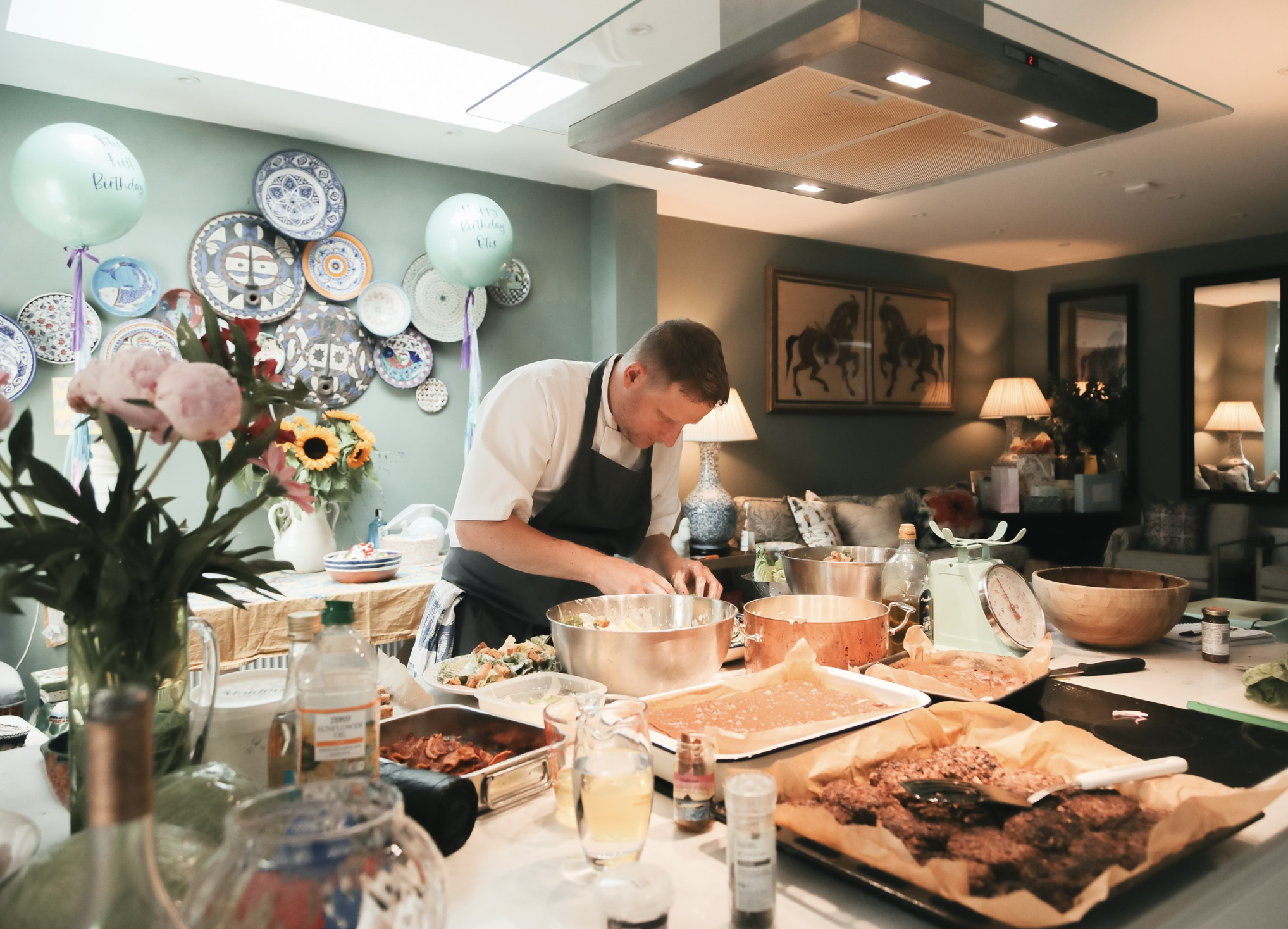How do I handle Food Storage as a Private Chef
How do I handle Food Storage as a Private Chef

As a private chef operating in both commercial kitchens and clients’ homes, maintaining the integrity of your culinary creations is paramount. Handling food storage effectively not only preserves freshness but also safeguards against potential risks, especially concerning clients’ dietary needs and food allergies. In this comprehensive guide, we’ll delve into the nuances of food storage, drawing on insights from seasoned professionals in the culinary arts, to ensure that your delicious meals shine at every occasion.
Offering Leftovers:
In the realm of personal chef services, offering leftovers to clients can be a thoughtful gesture, extending the culinary experience beyond special occasions. Consider packing remaining dishes in glass containers, labeled with dietary information, for easy storage and consumption at the client’s convenience. This not only showcases your commitment to providing nutritious meals but also reinforces your dedication to meeting clients’ needs.
Tupperware Etiquette:
When storing leftovers or pre-prepared meals for clients, investing in high-quality, BPA-free containers is essential. These containers not only preserve food quality but also demonstrate your attention to personal hygiene standards. Additionally, adhering to clients’ dietary requirements and preferences ensures a seamless culinary experience that garners trust and satisfaction.
Newly Bought Takeaway Containers:
Prioritizing food safety and hygiene, always opt for newly bought takeaway containers for storing and transporting meals. Proper labeling with item details and use-by dates not only facilitates organization but also enhances transparency and trust with clients. This proactive approach underscores your commitment to culinary excellence and client satisfaction.
Safeguarding the quality and safety of your food is paramount. In this guide, we’re breaking down practical tips in a straightforward manner, empowering private chefs to maintain the highest standards of food safety.
- Separate Raw and Cooked Foods:
Adhering to strict food hygiene practices, always segregate raw and cooked foods during storage to mitigate the risk of cross-contamination. Whether in a commercial kitchen or a client’s home, implementing this fundamental principle ensures the integrity of your culinary creations. - Control the Temperature:
Whether you’re grocery shopping for fresh ingredients or storing prepared meals, maintaining optimal storage temperatures is non-negotiable. Proper refrigeration at or below 5°C and freezing at -18°C or lower inhibit bacterial growth and preserve food quality, especially for clients with specific dietary needs. - Choose the Right Containers:
Invest in durable, leak-proof containers suitable for storing a variety of dishes, including those tailored to clients’ dietary requirements. Clear labeling with dietary information and storage instructions not only streamlines organization but also fosters trust and confidence in your personal chef service. - Create a Clean Storage Space:
Whether you’re meal prepping in a commercial kitchen or storing food in a client’s home, prioritize cleanliness and organization in your storage area. Regular sanitation and maintenance minimize the risk of foodborne illnesses and ensure the highest standards of food safety for your clients. - Keep an Eye on Temperatures:
Regularly monitor storage temperatures in refrigerators and freezers to uphold food safety standards. Calibration of equipment and periodic checks ensure consistent temperature control, preserving the freshness and quality of your culinary creations. - Tailor Storage for Specific Foods:
Recognizing the diverse dietary needs of your clients, customize storage solutions for different food items. From accommodating specific diets to optimizing shelf life, strategic storage practices cater to individual preferences and enhance the overall dining experience. - Rotate Your Stock:
Adopt a systematic approach to stock rotation, prioritizing the use of perishable ingredients and older stock to minimize waste. Whether in a commercial kitchen or managing inventory for personal chef services, the first-in-first-out (FIFO) method ensures freshness and quality in every meal. - Toss Out Spoiled Food Promptly:
Exercise discretion and diligence in identifying and discarding spoiled or expired food items. Prompt disposal mitigates the risk of foodborne illnesses and upholds your commitment to delivering high-quality, safe meals to your clients.
As a private chef, your dedication to food safety and quality extends beyond the kitchen. By implementing these practical tips and safe storage practices, you can elevate your personal chef service, delighting clients with delicious, nutritious meals while prioritizing their health and well-being.
Whether you're hosting a special celebration dinner, looking for a chef during your holiday or weekly meal prep, we will match you to the perfect chefs.
Start here
